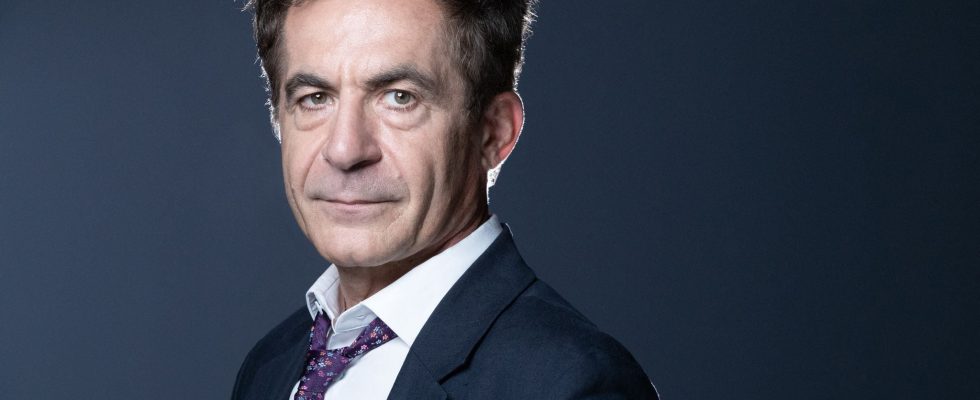In 1943, in her “Plea for a new civilization” (1), Simone Weil wrote: “There are men who work eight hours a day and make the great effort to read in the evening to educate themselves. They cannot carry out verifications in major libraries. They take the book at its word. We have no right to feed them falsehoods. What sense would it make to allege that the authors are in good faith? They do not physically work eight hours a day. Society feeds them so that they have leisure and take the trouble to avoid mistakes. A switchman causing a derailment would be poorly received by alleging that he is good faith.”
A little further on, she added, no longer about books, but about newspapers (2): “The public distrusts newspapers, but its distrust does not protect it. Knowing roughly that a newspaper contains truths and lies, he divides the announced news between these two sections, but at random, according to his preferences. He is thus prone to error.”
The philosopher stated there, to deplore it, a truth undoubtedly “always”: the existence of an impossible-to-cancel cohabitation of truths and lies in most publications, of a sort of quantum superposition of truth and truth. false that everyone would arbitrate according to their own criteria. This truth has certainly been accentuated (therefore worsened?) with digital technology, even if I am not sure that we have the right measurement tools to validate such an observation.
Furthermore – or, on the contrary, in a way that is subtly correlated to the development of digital technology – a phenomenon has happened in recent decades which was analyzed by Bernard Williams in his book Truth and veracity. Genealogy essay (Gallimard, 2006). The British philosopher observed in postmodern societies such as ours, informed, trained, educated, two currents of thought that are both contradictory and associated, in the sense that they mutually reinforce each other even when they should be fighting each other. The first is an intense attachment to veracity, which he calls “desire for truthfulness” and which manifests itself in the desire not to let oneself be deceived, in the determination to defy appearances to detect possible hidden motivations behind official speeches. And, alongside this – perfectly legitimate – refusal to be fooled, a second current of thought which manifests itself in an equally great distrust of truth itself: does it really exist? we ask ourselves. If so, how could it be other than relative, subjective, temporary, local, instrumentalized, cultural, corporatist, contextual, artificial?
Curiously, noted Bernard Williams, these two opposing attitudes – desire for truth and contestation of the very idea of truth – which should logically be mutually exclusive, turn out in practice to be entirely compatible. They are even mechanically linked: the desire for truthfulness triggers a generalized critical process within society, which raises doubts that, if not accessible truths, at least demonstrated untruths can exist.
Fascinating paradox: because once you deny the existence of truth, at the service of what strange cause do you put your desire for truthfulness? This antagonistic dynamic described by Bernard Williams causes very concrete effects. This is partly explained by the weakening of the credit given to the words of scientists, at the same time as the generalized suspicion of all forms of institutional expression for several decades. Focusing on targets that are themselves imperfect and fallible, and therefore open to criticism, this universal doubt extends its influence over all aspects of the life of ideas, which sometimes gives the impression of disintegrating.
A sort of surprising concatenation thus occurs between the idea of truth and the notion of freedom, analogous to that encountered by Simone Weil: everyone is now free to choose what they call the truth, so that the truth is no longer a reference, even less a constraint that must be respected both in his words and his way of thinking.
(1) “Plea for a new civilization” by Simone Weil, in Works, Quarto Gallimard, 1999, p. 1,050.
(2) Ibid., p. 1,050.
Etienne Klein is a physicist, research director at the CEA and philosopher of science
.
